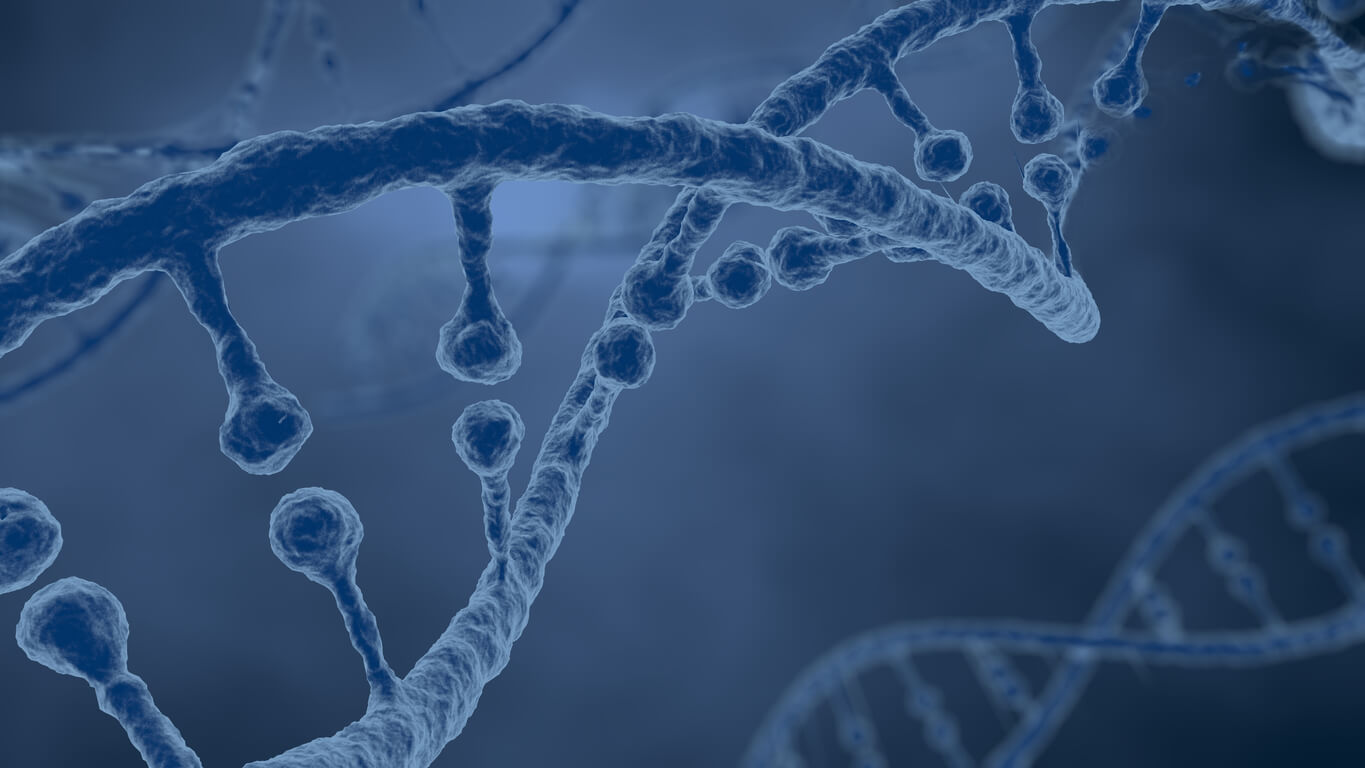It’s Jewish Genetic Screening Awareness Week. Experts want you to get tested
Jews are at increased risk for several diseases. Here’s how to get screened for them

Feb. 5 through 11 is Jewish Genetic Screening Awareness week and nonprofit JScreen is urging all Jews to get more information to help take preventative steps against cancer, Tay-Sachs and other disorders. Photo by onlyyouqj/iStock
Jews who are considering starting a family or who are just worried about their own health are being encouraged to get tested, as Feb. 5 through Feb. 11 marks Jewish Genetic Screening Awareness Week.
“When we talk about genetic screening, screening for a comprehensive panel of diseases for everyone is important,” said Karen Grinzaid, executive director of JScreen, a nonprofit dedicated to preventing genetic diseases among those with Jewish ancestry. “But I think it’s still very important for the Jewish community to be aware of the diseases that they are an increased risk for, and that these things have not gone away.”
People of Ashkenazi descent have been found to be at an elevated risk of several genetic disorders, most famously Tay-Sachs, a fatal condition that can manifest when two carriers have a child. Ashkenazi Jews are also at increased risk of Gaucher disease, which can affect a person’s spleen, liver and bone marrow, as well as cystic fibrosis, Bloom syndrome and others.
Though less well known, Sephardic and Mizrahi Jews are also at increased risk for a variety of genetic disorders, though which ones are often dependent on a family’s country of origin.
Jews also more frequently have genetic mutations that put them at increased risk of developing diseases like cancer. Mutations to the BRCA1 and BRCA2 genes can increase the odds of breast cancer and Jews have “a 10 times greater risk of carrying a mutation in one of these cancer susceptibility genes, compared to non-Jews,” said Grinzaid, even without a family history of cancer.
Other genetic mutations that can be tested for include those linked to colon, bladder, prostate and pancreatic cancers, as well as melanoma.
Grinzaid noted that many people put off getting tested due to anxiety over the results, but she emphasized that a positive result does not mean a 100% chance of developing a disease like cancer. Instead, knowing about risks can empower people to take preventative measures. She encouraged all Jews to seek out comprehensive genetic carrier testing, which looks for mutations common in the Ashkenazi, Sephardic and Mizrahi communities. Testing kits are available via the JScreen website.
“There are steps that you can take to try to prevent cancer, or detect it early, when it’s treatable, and not end up in a situation that people don’t want to be in, where cancer is advanced,” said Grinzaid.
As part of the awareness week, JScreen will be present on college campuses through Hillel and Chabad Houses to do educational and screening events. It will also be holding events at community organizations, JCCs and Federations. She encouraged anyone with a desire to have JScreen information available to their community to reach out.
“If a person has a connection with an organization that would be interested in bringing education in, that would be so helpful, and so life saving to their community.”
A message from our Publisher & CEO Rachel Fishman Feddersen

I hope you appreciated this article. Before you go, I’d like to ask you to please support the Forward’s award-winning, nonprofit journalism so that we can be prepared for whatever news 2025 brings.
At a time when other newsrooms are closing or cutting back, the Forward has removed its paywall and invested additional resources to report on the ground from Israel and around the U.S. on the impact of the war, rising antisemitism and polarized discourse.
Readers like you make it all possible. Support our work by becoming a Forward Member and connect with our journalism and your community.
— Rachel Fishman Feddersen, Publisher and CEO



























